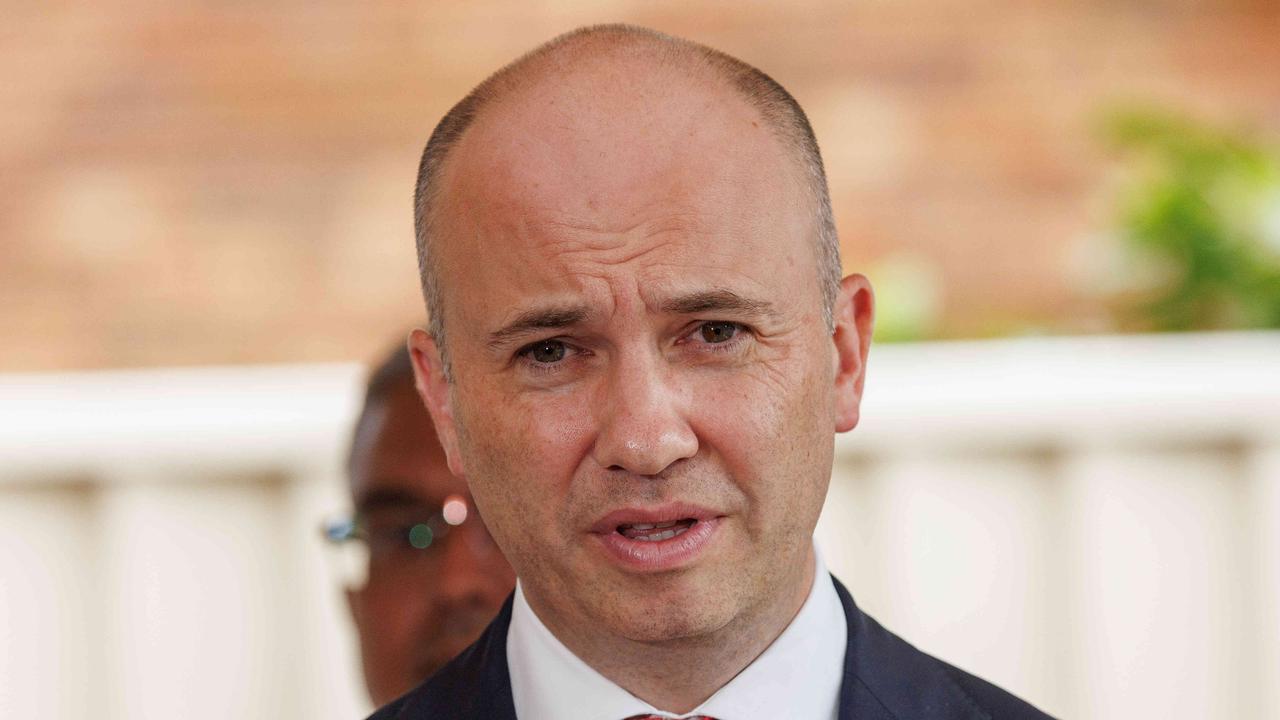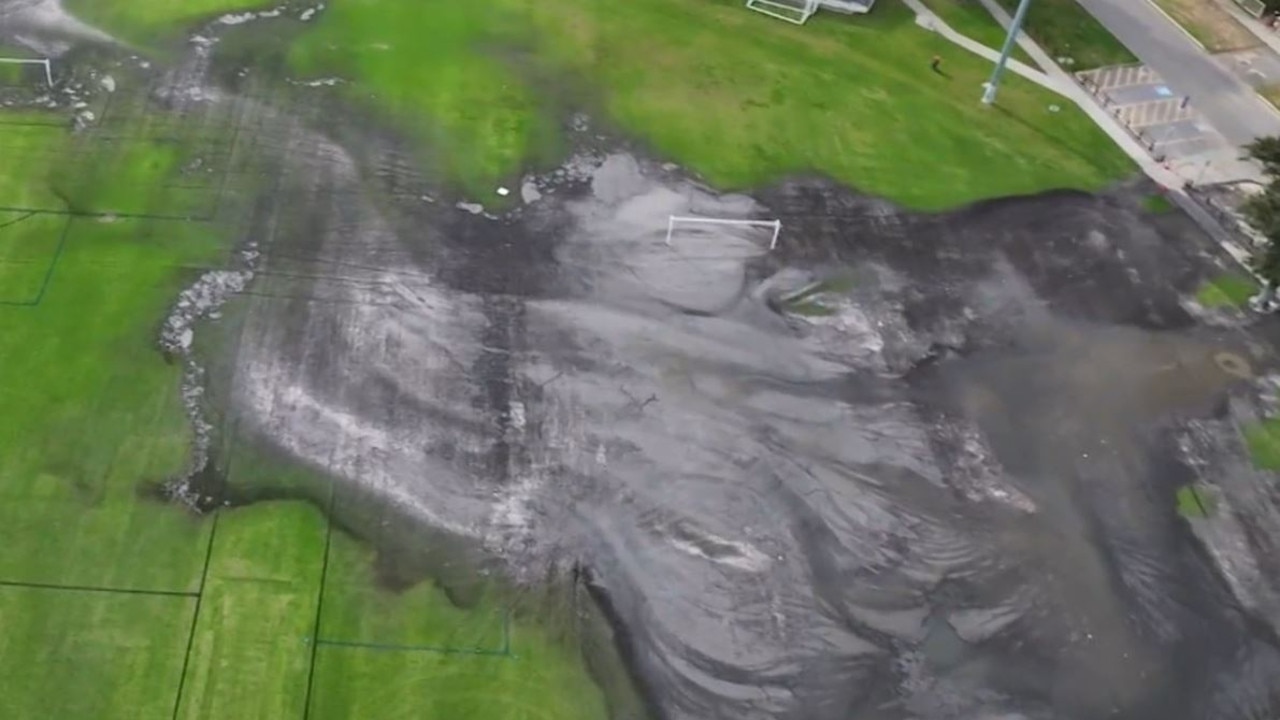Climate change impact on Great Barrier Reef soon ‘irreversible’, report finds
Experts have delivered a grim verdict on the health of the Great Barrier Reef, just days after the UN exempted the site from an “in danger” list.
Environment
Don't miss out on the headlines from Environment. Followed categories will be added to My News.
The Great Barrier Reef is likely to face impacts from climate change that could become irreversible by mid-century, a new report warns.
The Australian Academy of Science conclusion comes just days after the UN recommended the location not be added to a list of world heritage sites “in danger”, but noted that the 2200km-long natural wonder remains under “serious threat” from climate change.
Now the AAS report says “irreversible impacts” from climate change on “GBR ecological and socio-ecological systems are probable”.
“It reminds us that sticking to that path we are currently on, simply because we started on it, will not offer the best solution for the Great Barrier Reef,” AAS president Professor Chennupati Jagadish said.
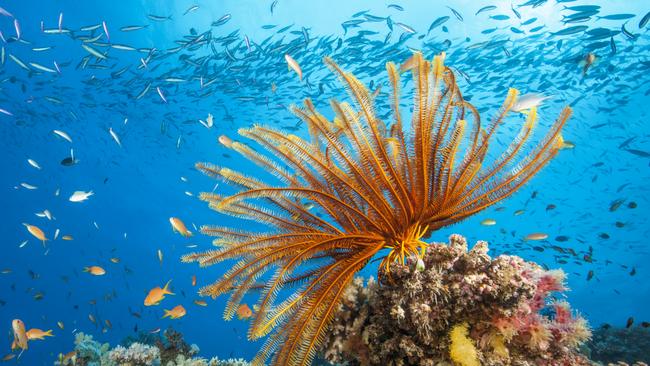
“It highlights that in the medium-term, there are opportunities to slow the decline in the health of the reef, however this requires Australia to take further action now.”
The report, commissioned by the federal government, was provided to the Independent Expert Panel (IEP) for the Reef 2050 Long-Term Sustainability Plan (Reef 2050 Plan), a panel that advises the government.
It also identified “opportunities” for the government and called for a comprehensive review of the management of the reef, development of regulations and laws “which do not rely on political involvement to be implemented in full”, and improved use of traditional knowledge in reef management.
UN DELIVERS SURPRISE VERDICT
UNESCO, the UN’s cultural agency, said in a report it was giving Australia more time to boost protection of the reef and the Albanese government had taken positive steps to do so since a UN monitoring mission visited Queensland in March 2022.
On the basis of progress made by Australia, the experts said the reef’s current state should not be discussed at this year’s World Heritage Committee meeting in September in Riyadh, but instead be revisited in 2024.
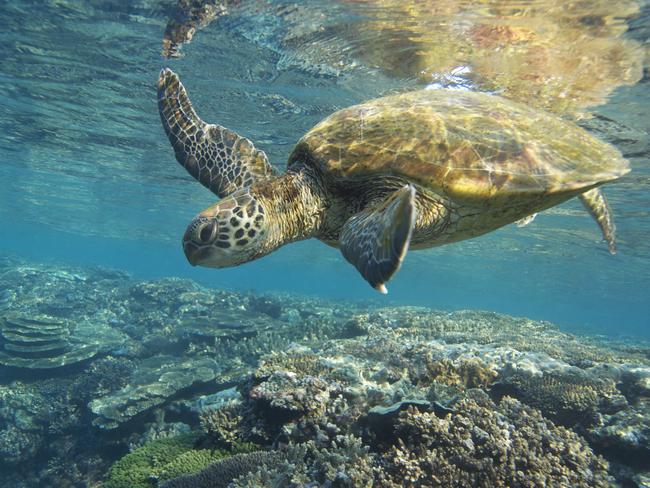
But UN experts said surveillance of the Reef would be beefed up and Australia needed to submit a progress report on the implementation of UNESCO’s recommendations by February.
Climate change is threatening the Great Barrier Reef’s ecosystem — the planet’s biggest coral reef system — causing severe bleaching and damaging its corals.
Since 2016, the Great Barrier Reef has been hit by three mass bleaching events, during which heat-stressed corals expel algae living in their tissues, draining them of their vibrant colours.
UNESCO said last month it welcomed Australia’s commitments to protect the Reef, with the Albanese government pledging $4.4 billion.
David Schoeman, Professor of Global-Change Ecology, University of the Sunshine Coast said the UNESCO decision doesn’t mean the reef is out of danger.
“While the Labor Government has made rapid strides toward improving catchment management and coastal water quality, and restricting some forms of fishing, many threats remain,” he said in a statement.
“Particularly concerning are the unprecedented water temperatures in the northern hemisphere — caused at least in part by the developing El Niño — and the record-low levels of Antarctic sea ice — although here, the exact cause remains a bit of a mystery.”
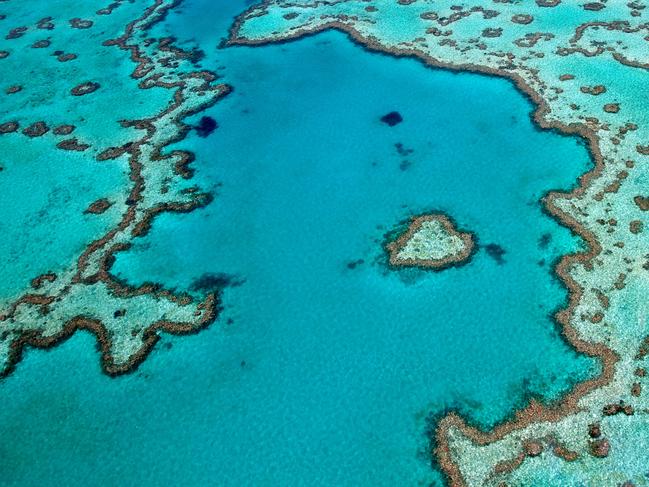
The professor warned if this pattern persists into the southern hemisphere summer, we could see devastating bleaching across the reef.
“There is little we can do about near-term ocean temperatures, but we need to be pressing the government to do more on further improving coastal water quality, removing threats from fishing, and reducing greenhouse gas emissions,” he said.
The fate of the reef has been a recurrent source of tension between UNESCO and the federal government after the World Heritage Committee threatened to put the Reef on a list of “in danger” global heritage sites.
The listing is contentious, with tourism bodies believing it will engender a sense the reef is dying, when in fact many parts are flourishing.
Behind-the-scenes diplomacy and lobbying from Australia have avoided such a move and commitments from Prime Minister Anthony Albanese have drawn praise from the Paris-based organisation.
UNESCO began a monitoring mission on the reef in March 2022 to assess whether the site was being adequately protected.
UNESCO has stressed the Great Barrier Reef’s “urgent conservation needs” which it said required “broad mobilisation”.
It still remained “possible” to inscribe the Reef on the list of world heritage sites in danger, it warned.
— with AFP
More Coverage
Read related topics:Climate Change



